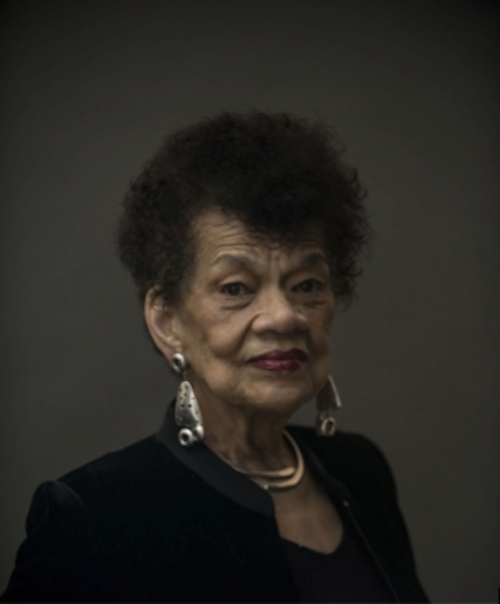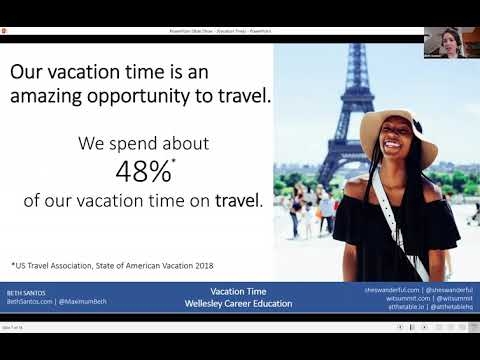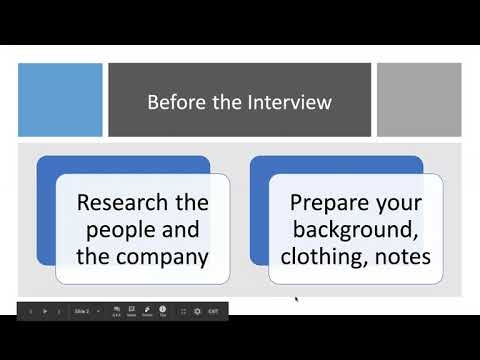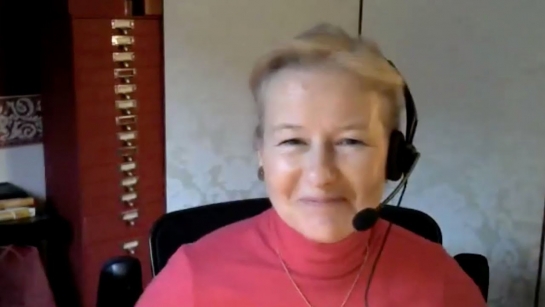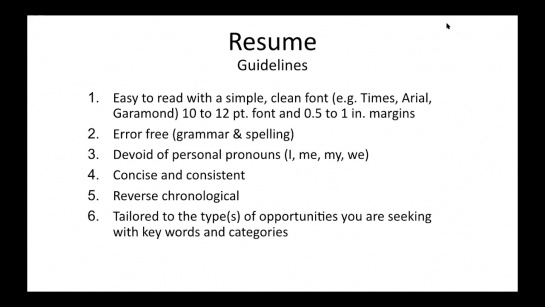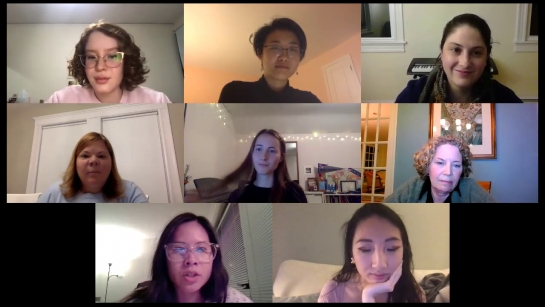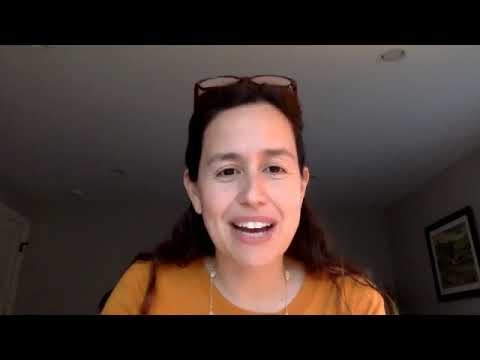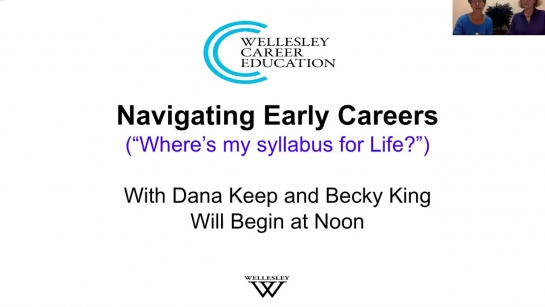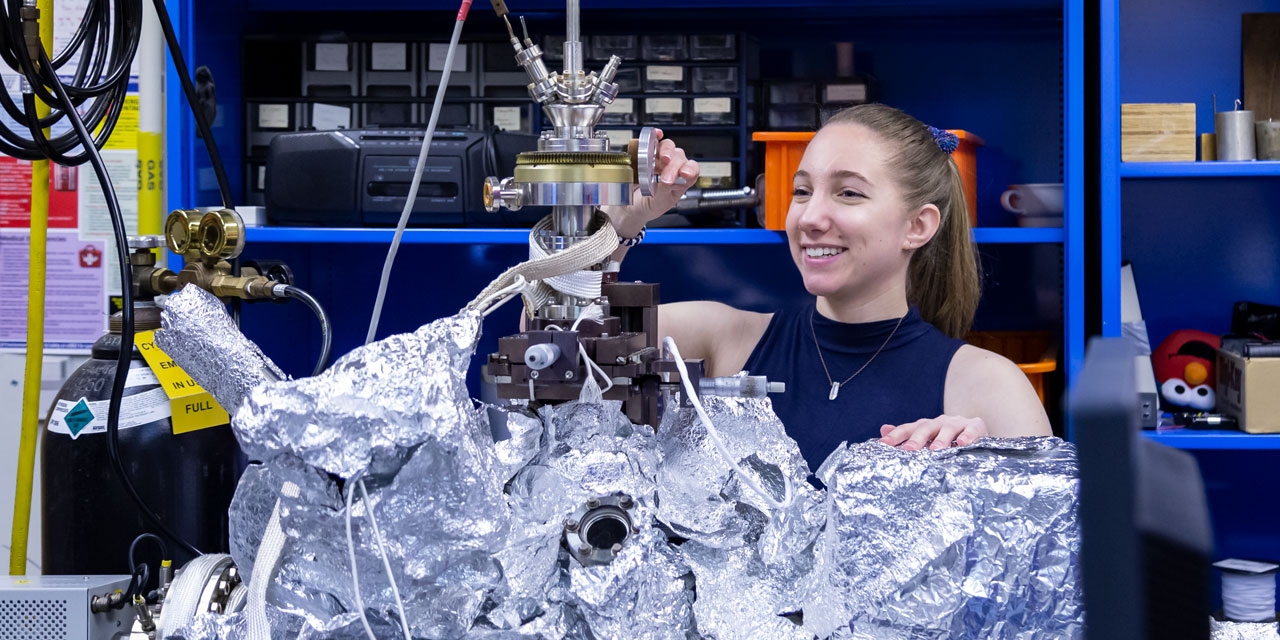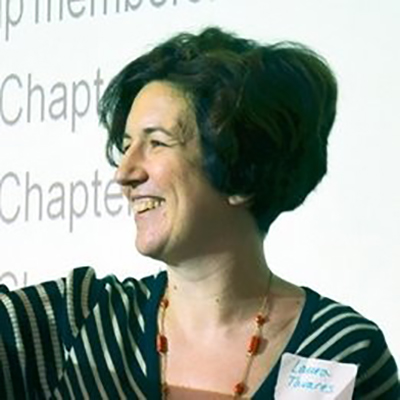Job Searching After 50

This resource outlines considerations for job searching over 50, including tailored advice for your writing your resume, networking, and interviewing.
“I think art’s first goal is to remind us that we are human...”
Career Advancement

Career Advancement can mean different things to different people. For some, advancement means reaching a leadership position within a company or a field. For others, advancement means performing at a high level in a given role. Sometimes, advancement means switching careers entirely to learn a whole new domain, or focusing on giving back to a field or a community.
“I previously had dreams to be an author, but found myself called by the combination of logic, mystery, and truth in science.”
Finance, Accounting, and Insurance
A career in Finance can mean many different things, depending on what type of work you’re interested in or what specific subsect you want to explore. Within Finance, you can work in the financial department of an organization (governmental, nonprofit or for-profit) or you can work at a company that provides financial services to individuals, groups, institutions and/or organizations.
Management and Human Resources
Management refers to the organization, oversight and coordination of people and activities in a business or organization so that it meets it objectives or vision. Management broadly encompasses creating corporate policy and strategy, and setting objectives, and then organizing, planning, controlling and guiding an organization’s people and resources in the achievement of these objectives or vision. Human Resources is the part of a business that relates to employees, including recruiting, orientation of employees, overseeing benefits, training, and more.
Study Abroad: Government, International Affairs, Law, & Public Policy Careers

Students interested in careers in government, law, international affairs, and public policy are encouraged to focus on skill development and experience. This is especially important as employers, and graduate programs in this space continue to look for commitment to understanding these industries. Below please find suggested study abroad experiences that help develop specific skills and experiences to help be competitive in these industries.
Introduction to Think Tanks

Think tanks are public policy research, analysis, and engagement organizations. They are organizations that generate policy-oriented research, analysis, and advice on domestic and international issues that enable policymakers and the public to make informed decisions about public policy issues. Think tanks may be affiliated with political parties, governments, interest groups, or private corporations or constituted as independent non-governmental organizations (NGOs).
On-Campus Recruiting Program Policies (Students)

Career Education expects all students to abide by the following rules in order to maintain the success and integrity of Wellesley’s recruiting program.
Lumpkin Summer Institute for Service Learning
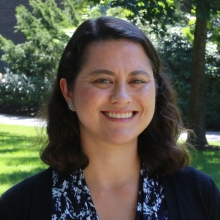
The Lumpkin Summer Institute for Service Learning offers students the opportunity to work in Boston-based non-profits geared toward social change and community engagement.
“From the beginning, my career mentor was there to brainstorm, encourage, and motivate me to pursue an internship that aligned with my interests.”
“In a given week, I might be working with our program staff who are based around the US, Canada and the UK to design learning experiences for teachers; meeting with partner organizations to plan collaborative projects; consulting with filmmakers or scholars who want to reach students; or researching and writing about challenging issues for educators.... It’s probably unusual to stay at one place for so long, but I’ve always been able to answer ‘yes’ to a few key questions: Am I learning? Is my world getting bigger? Is my work making a difference?”
Negotiation & Identity
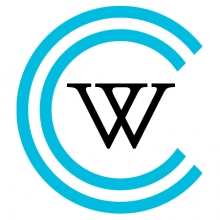
Your social context for negotiation will depend upon a variety of factors. This is where you may ask yourself where you are at this stage in your career journey. How do your identities, values, interests, skills, and other aspects of your background intersect with the negotiation process? All of these components are worth considering because they will inform your approach to the process. Depending on your personal situation, some components may pose more questions for you than others.



